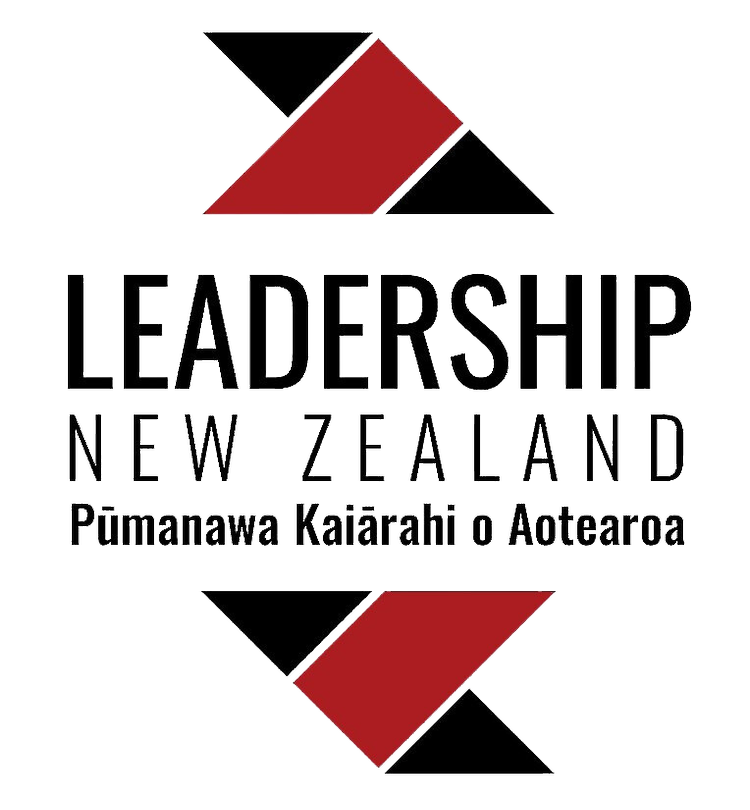Written by Rose Fenton, International Programme Manager, UNICEF New Zealand
The focus of Retreat Two of The NZ Leadership Programme was the ‘Treaty of Waitangi and Te Ao Māori’.
This was a very poignant theme for me as our office was facing some challenges in how we can embrace the bi-cultural journey and in particular the place of spirituality in the workplace without polarising people and their beliefs. I entered the retreat asking these questions: How do we ensure that there is space for everybody to be their self, honour Te Tiriti o Waitangi and feel safe at work? How can I help my organisation find this safe space?
I went into the retreat with heart heavy as I pondered these questions and the way forward. Being on Kohewhata Marae and with Tangata Whenua was wonderful: their hospitality, generosity of spirit and kindness helped to centre and calm me. My first reflection was that the way things are done is as important as the action itself. All actions need to done with care, kindness and understanding of the meaning attached to the action. The Pōwhiri protocol started with the Kaikaranga calling us (the Manuhiri) onto the Marae and through a series of steps the tapu was eased and the trust was built. The safe space was created for us all.
Unfortunately, our retreat was disrupted with the Friday 15 March mosque shooting in Christchurch. We all languished in shock, disbelief, anger and despair. Some of our colleagues tried to make contact with their family and friends at home, some with children in lock-down at school. Some were asking how could this happen in New Zealand, and others felt that this was expected. I noticed everyone had their own emotional responses to the event and needed different things, space, company or comfort food. That night and the next day, I think it is fair to say, we struggled in different ways. We talked and shared but it wasn’t what we all needed.
In the evening, we were given a challenge to return the hospitality (I can’t tell you exactly what we did as it is a secret), but ‘the exercise’ involved returning the wonderful hospitality to Ngāpuhi. ‘The exercise’ was perfect - it provided us with a common purpose, a distraction from the Christchurch event and allowed us to move, create and work together. For those who didn’t want to participate or needed to be somewhere else that was fine, understood and supported. It was great to see within a short time how capable the group was, and the night ended with laughter and fun. This was a lighbulb moment for me as I realised that If you can mobilise people into action, draw on their skills and harness the group diversity, great things are created. Providing space or ‘op-out’ options for those who needed it helps to create a safe space where no-one is judged. This then gives everyone the freedom to be who they are and still function as a cohesive group.
As I leave the retreat and move back to reality, I am cognizant that my workplace and my country are at a crossroads where great care, acts of kindness and bravery are required to create and restore the safe space where all can flourish. My heart is still heavy, but I leave with a renewed belief in humanity and the ability of people to mobilise and achieve great things together.
Did Rose’s story resonate with you? This is one of many purposeful and profound experiences on The NZ Leadership Programme. Are you a mid-career or senior executive leader in New Zealand seeking your next career challenge? Then we invite you to apply for our 2020 Programme - we’re accepting applications now!

